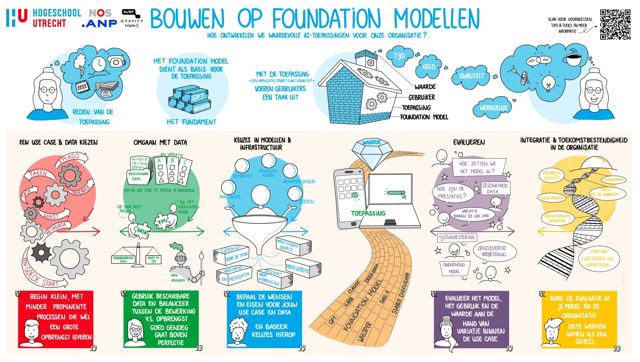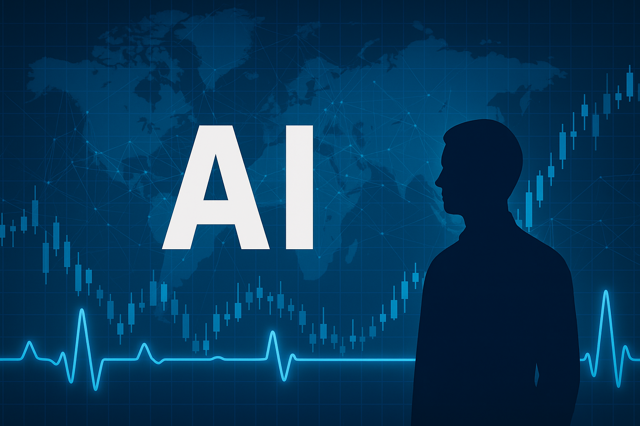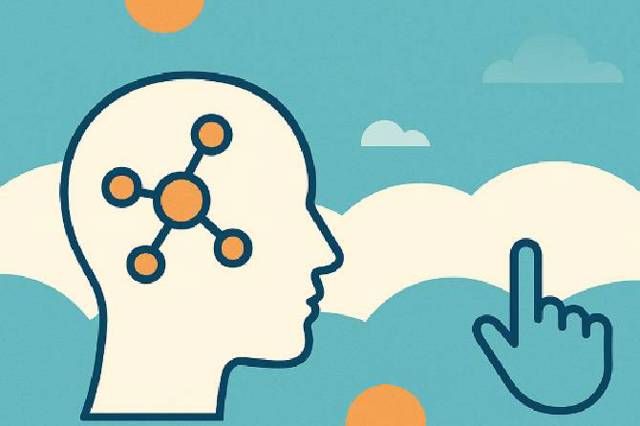< Back to news
Algorithms can enable efficient and effective medical diagnosis for patients. Unfortunately, investments in algorithmic technologies often do not yield the aspired benefits, noticed professor Mohammad Rezazade Mehrizi and assistant professor Wendy Günther. With this research project, they want to facilitate the creation of effective solutions. They will create a learning community which enables relevant stakeholders to collaboratively experiment with and learn from specific use cases. 


11 January 2024
Mohammad Rezazade Mehrizi and Wendy Günther receive NWO research grant
The Dutch Research Council (NWO) has awarded organizational scientists Mohammad Rezazade Mehrizi and Wendy Günther a research grant of one million euro.
With the grant, they will be able to investigate how novel algorithmic technologies can be applied in medical diagnosis through collaborative learning among stakeholders.
Algorithms can enable efficient and effective medical diagnosis for patients. Unfortunately, investments in algorithmic technologies often do not yield the aspired benefits, noticed professor Mohammad Rezazade Mehrizi and assistant professor Wendy Günther. With this research project, they want to facilitate the creation of effective solutions. They will create a learning community which enables relevant stakeholders to collaboratively experiment with and learn from specific use cases.
“This project results in insights for novel educational trainings and developing safe, effective, and efficient ways of using these new technologies for medical diagnosis,” says Rezazade Mehrizi. "As organisational scientists, we are well equipped to think about how these technologies can best be implemented in organisations."
The researchers work together with Willem Grootjans (Leiden University Medical Center, LUMC), Mark van Buchem (LUMC) en Harmen Bijwaard (Hogeschool Inholland). They will also work together with several partners: CMRAD, Contextflow, Oxipit, Nederlandse Vereniging Medische Beeldvorming en Radiotherapie, Nederlandse Vereniging voor Radiologie, Longkanker Nederland (patient community).
Günther: “By also including associations of doctors and patients, we can ensure that all relevant stakeholder perspectives are considered in the development of new technologies such as AI.”
About the grant
The grant is part of the Knowledge and Innovation covenant (KIC) 2020-2023 of the Dutch Research Council (NWO). Within the KIC call ‘Human Capital Learning communities needed for societal and technological transitions to succeed’, four projects have been awarded funding. Consortia consisting of knowledge institutions, private and public partners will conduct research into, among other things, how workplace learning and innovation can form a logical part of a learning community, how a learning community should designed and how the design can make the connection between learning and innovating.
This article was published on the Vrije Universiteit website.
© Vrije Universiteit Amsterdam
© Vrije Universiteit Amsterdam
Vergelijkbaar >
Similar news items

May 29
Building responsibly on foundation models: practical guide by Utrecht University of Applied Sciences and RAAIT
Researchers from RAAIT have published a practical guide for organisations aiming to develop AI applications using foundation models. The guide supports responsible decision-making.
read more >

May 29
SER: Put people first in the implementation of AI at work
In a new advisory report, the Dutch Social and Economic Council (SER) calls for a people-centred approach to AI in the workplace, warning of risks to jobs and social cohesion.
read more >

May 27
🌞 Open Space: AI meets Science Communication – will you take the stage?
Are you working on AI with impact? Wondering how to talk about it with the world? Join us on Thursday 4 July for an open space afternoon on AI & Science Communication, co-organized by Amsterdam AI and NEWS (the Dutch national centre for science & society).
read more >